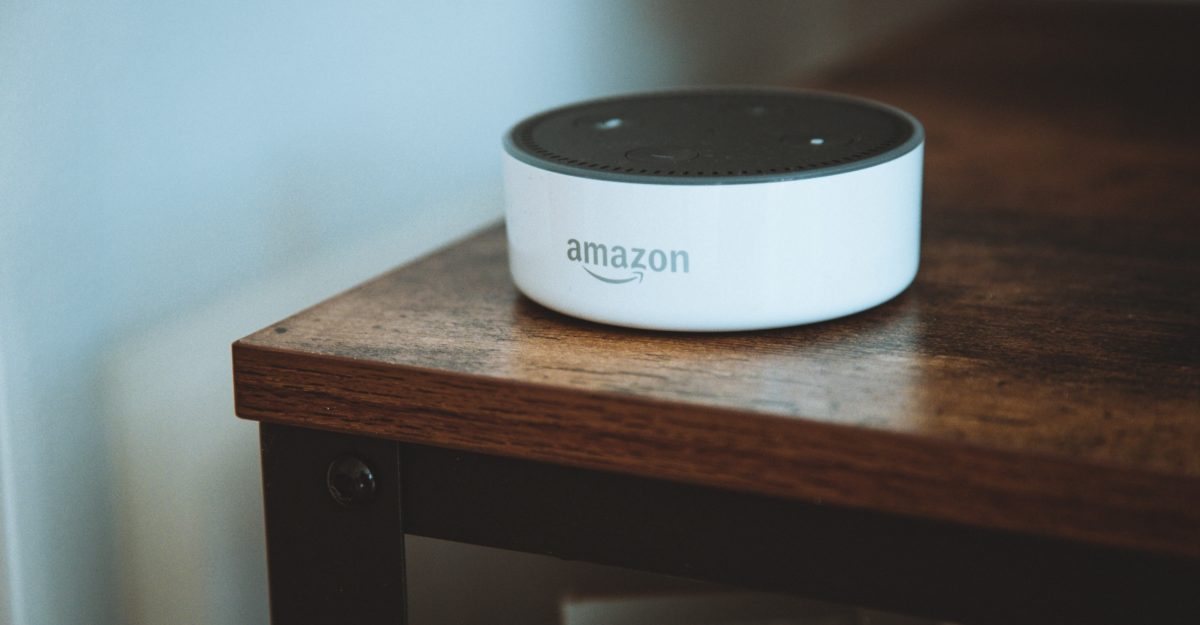Can my employer use “Alexa” to listen to me?

Privacy has become the biggest victim of the rise of Information Technology. Remote work will compound that trend. Employers believe it makes good business sense to monitor their employees and that it increases productivity.
But what technology enables and what the law permits are two different things.
Are there privacy laws to protect employees?
There is currently no privacy law in Ontario that applies to employees who are provincially regulated. There is a privacy law for government workers, and for federally regulated workplaces such as banks and interprovincial transport companies, but these categories do not cover most employees in Ontario.
Unionized workers also often have protection through their union against invasive surveillance from their employer. Most employees in Ontario are not unionized, however.
Could my employer be listening through my smart speaker?
Therefore, the question is not “can an employer use surveillance on me” but rather “what can I do about it”. For employers thinking of monitoring their employees’ performance, it makes very good business sense to obtain consent first, or to at least inform employees that they are being watched. Secretly spying on staff for no apparent reason is a serious breach of trust and has been held in at least one Ontario case to be grounds for constructive dismissal.
The Case of Colwell v. Cornerstone Properties Inc.
In the case of Colwell v. Cornerstone Properties Inc., the employee, Ms. Colwell, found out that her employer had installed a camera in the ceiling of her office without her knowledge or consent.
Officially the reason for the camera was that there had been thefts at the workplace. But Ms. Colwell had never been a suspect. The employer had no justification for spying on her. In that case, the court held that the bond of trust required for a functional working relationship had been broken by the employer. They were ordered to pay Ms. Colwell severance for constructive dismissal.
What can I do about surveillance by my employer?
Similarly, it would not be legal to access an Alexa or smart speaker device without the employee’s knowledge for the purpose of monitoring their work. Faced with a severe invasion of privacy by their employer, the employee can quit and sue for severance. If the employer asks to monitor the employee, and the employee consents, then the answer would be different. If the employee refuses to be monitored, then the employer may have to either concede or terminate the employee without cause. They would be let go with a severance package.
SEE ALSO
• Severance pay for provincially regulated employees
• Federally regulated workers and severance
Can’t I just unplug my smart speaker?
If the employee has agreed to be watched but then sabotages the monitoring equipment or unplugs the Alexa device, this could be grounds for discipline, including possible termination.
What needs to be done about privacy laws
The lack of laws protecting worker privacy in the private sector in Ontario is concerning. It demands that it be addressed. Employees can quit and sue in court, but otherwise only the government has the power to limit the legal surveillance of employees working remotely.
WATCH: Employment lawyer Lior Samfiru discussed social media and privacy at work on an episode of the Employment Law Show.




